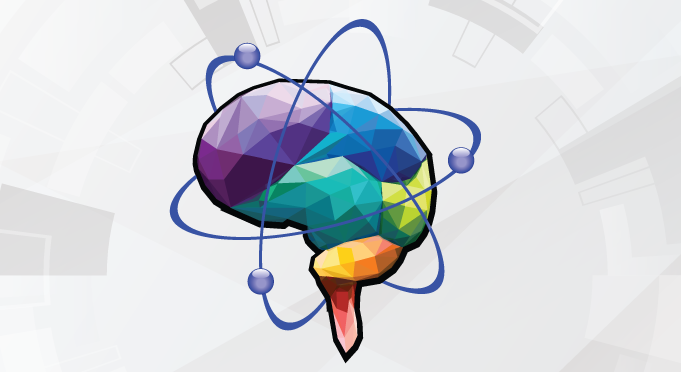IQ and EQ in the Nuclear Industry

High cognitive intelligence (one’s IQ) is important in today’s technological workforce. The nuclear industry is one field where leaders must possess high IQs to understand the technology and interpret information to make risk-informed decisions.
Is high IQ sufficient to achieve optimum leadership results? In today’s nuclear environment, a leader must perform in a relational environment where everyone is expected to collaborate in reaching conclusions and implementing decisions to ensure safe operations. Emotional intelligence (EQ) helps leaders know themselves and workers in order to motivate them to be actively engaged and achieve higher levels of performance. Studies show that leaders with a high EQ and average IQ outperform leaders that have a high IQ and low EQ. While IQ is relatively unchangeable, a leader can choose to develop EQ.
Leadership development programs are a vital component of talent management strategies used by nuclear utilities. Despite current research on the effectiveness of EQ on leader performance and employee engagement, not all utility development programs include emotional intelligence. The utility that I work for has included EQ development in the leadership development program for more than 13 years and started formally assessing leaders’ EQ seven years ago. The program conveys the idea that leaders who focus on improving their EQ would see improvement in their overall leadership performance as well as more employee engagement and higher levels of performance. During training, there are some individuals who have an “aha” moment, but the majority do not, and so there is little-sustained change. After training more than 2,000 leaders on EQ, the company’s performance should be best in the industry. Why isn’t it?
It seems that the importance of EQ is not recognized or valued despite studies and literature that demonstrate how valuable EQ is for leader performance. For example, during a leadership intervention involving more than 400 middle-level executives, each leader completed a 360-degree leadership assessment and an EQ-i 2.0 assessment prior to attending the course. During the course, each leader received their assessment results and spent time creating an individual development plan to help them improve their management competency. Facilitators discovered that participants focused almost solely on their leadership skills and gave little thought to EQ despite having been presented content on the importance of EQ and its role in supporting leadership competencies. Like in many management development programs, new skills are quickly forgotten. If EQ concepts are not reinforced in the workplace, they don’t get implemented.
The outlook is not completely bleak. When EQ leader assessments in the first line supervisor development program began, the scores averaged approximately five points below the assessment tool norms. As time progresses and younger supervisors come through the program, we should see an improved trend in EQ competency. This gives me hope that as these younger leaders move up in their companies, EQ will be more valued and supported, aiding in the industry’s drive for continuous improvement. Organizational development personnel must also continue to advocate for EQ development content in talent management programs.
Kelly Robinson, Ph.D. (ABD), is a certified emotional intelligence coach.
Disclaimer: The views expressed here are solely those of the author(s) and do not necessarily represent or reflect the views of Excelsior College, its trustees, officers, or employees.


